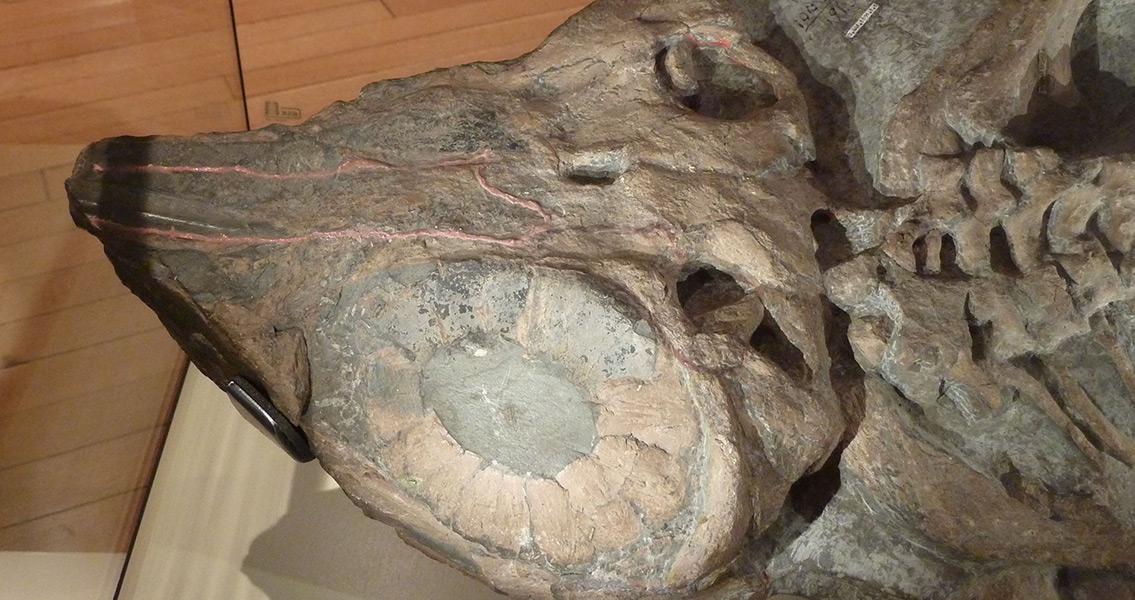<![CDATA[A new study has predicted that a new extinction of big fish, due to overfishing efforts, will soon result in smaller fish taking over – much as they did around 359 million years in the past. The phenomenon is called the Hangenberg Event, and it’s something that is understood to have occurred in the second most recent mass extinction event that has affected the planet. Before the event, some of the largest fish ever were in control and at the top of the food chain until the mass die-off that left only around 3 percent of vertebrate species still alive. Whereas the fish that ruled the seas before the event were, in some cases, as large as 40 feet long, those that supplanted these monstrous fish were usually no bigger than five or six inches. These much smaller fish species were the high point of marine life for some 40 million years. Why the size of fish shifted so drastically has been a source of consternation for scientists for decades. Studies conducted in the past have suggested that lowered oxygen levels or heightened sea temperatures might have brought about smaller overall fish sizes in the wake of a mass extinction. However, according to the new survey – which analyzed in excess of 1,200 fossils dating from both sides of the Hangenberg Event – the primary driver behind the change could have been natural selection. While there’s still no definitive cause of the Hangenberg Event, the research has been able to cast some light on the effects of the event on any large fish species that might have initially survived. While larger, more hardy fish might have been able to withstand the changes in the environment in the shorter term, such large species tend to be poor breeders, as their offspring tend to rely on their parents. This led to fewer opportunities for these larger fish to adapt, whereas smaller fish species breed much faster – leading to more chances to develop adaptations that would eventually lead to these smaller, faster-breeding fish out-competing the larger survivors of the event. As the large fish population continued to dwindle, smaller fish species had fewer predators, leading to even bigger booms in population growth. According to the research study’s lead author, University of Pennsylvania paleobiology professor Lauren Sallan, the fish populations of modern oceans may soon undergo a similar change – and humans may play a role in expediting the process. Sallan remarked in an interview with Quartz that with wild fish harvests growing so massive – with as much as 80 million tons of fish being hauled in around the world every year – and with the majority of fish harvested for food being large species like halibut, tuna and cod, the disappearance of large fish species could trigger another population boom in smaller varieties as well. Sallan said that such an event, if it does occur, could have long-reaching effects on marine ecosystems. For more information: www.sciencemag.org Image courtesy of Wikimedia Commons user: Andy Dingley]]>
New Study Predicts Another Big Fish Extinction
